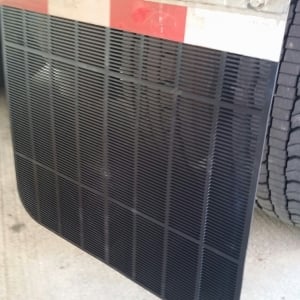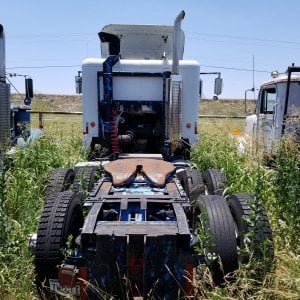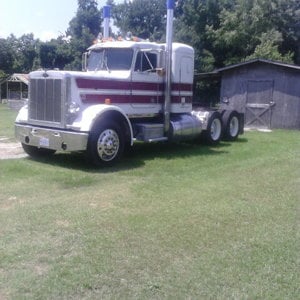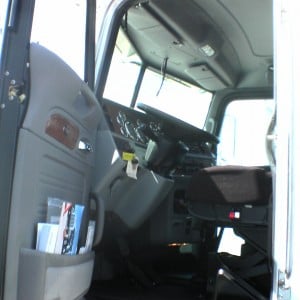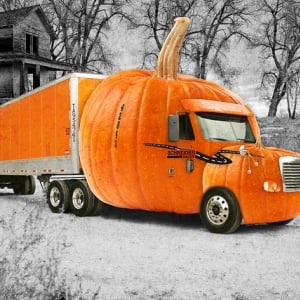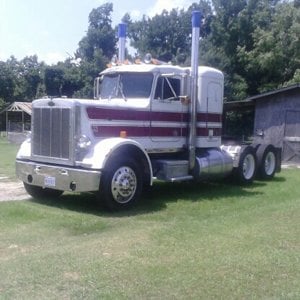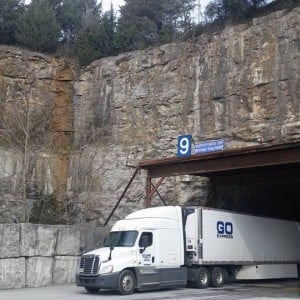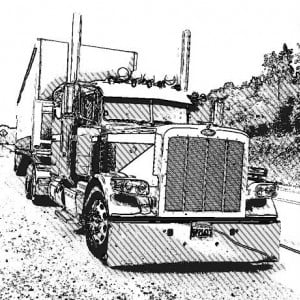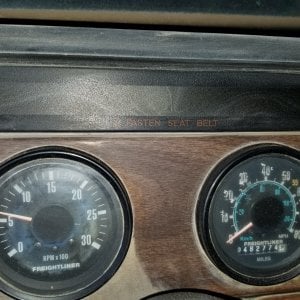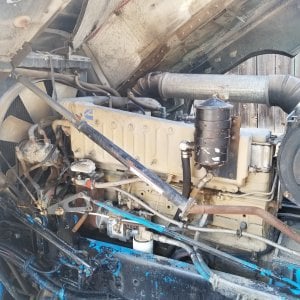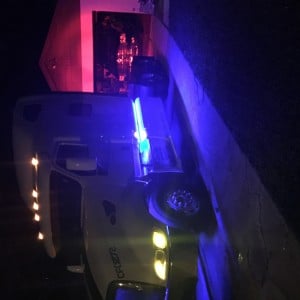Which would encourage pilfering the load by some low lifes...
A carrier has legal recourse to receivers claims as long as they are backed into a dock that evaporate as soon as the driver pulls away. Simarily, the carrier has certain protections as long as the a continuous seal record is available.
Pulling in, dumping the stuff on the dock without a written record via the Bill of Lading is inviting a claim. A digital record including receiving notes and electronic signatures for the seal and delivery would accomplish the same purpose. However, without a valid count, the carrier is leaving themselves open for bogus claims through theft.
The Law Office of Seaton & Husk, LP
Claims for loss and damage of regulated commodity is governed by the regulations published at 49 C.F.R. §370. Claims for loss, damage, or overage should be filed in writing. The bill of lading together with documentation of the destination market value of the goods should be included. Most bills of lading specify that the claim must be filed within 9 months. A shipper has 2 years after the claim is denied to file a suit to recover its loss.
The Carmack Amendment, 49 U.S.C. §14706, provides the shipper with the statutory remedy which preempts state law remedies. Subject to the exceptions noted herein, if a shipper can prove that the carrier received the shipment in good condition and delivered it short or damaged, the carrier is liable for the loss regardless of whether the shipper can prove the carrier was negligent. As a practical matter, the statute makes the notations entered on the bill of lading at time of pickup and delivery particularly important. A clear bill of lading at time of pickup accompanied by a bill of lading noting shortage or damage creates a presumption of carrier liability which must be overcome by carrier proof.
Importantly, the statute and its preemptive effect works to the benefit of the carrier with respect to so-called special or consequential damages. Under Carmack and the common law, a carrier is not liable for damages which are not reasonably foreseeable. Carriers ordinarily are not required to deliver in time to meet any specific market and unless the carrier assumes greater liability by contract, it is not required to pay for air express replacement parts, waiting construction crews, stopped assembly lines, etc.
There are 5 common law exceptions to carrier liability:
(1) act or default of shipper;
(2) an act of God;
(3) the public enemy;
(4) the "public authority"; or
(5) the inherent vice of the commodity.
The act of default of shipper is most often raised when the carrier claims the lading was improperly packaged to withstand the ordinary perils of transport or when the carrier claims that the shipper improperly blocked or braced the shipment (see shipper load and count, infra).
The act of God defense is applicable only when a hurricane, tornado, flood, mud slide or other calamity beyond the carrier's control is the proximate cause of the loss or damage claimed.
The public enemy exception has rarely been used in the United States or Canada because it applies only to acts of military forces or possibly paramilitary insurgency. The courts have declined to classify thieves, robbers, or rioters as "public enemies" for purposes of this exception and to date, there has been no finding that the organized cargo thefts in Miami or Los Angeles can operate to excuse a carrier from liability. The Public Authority exception includes policy action such as quarantines, road closures, etc.
Finally, a substantial amount of cargo claims litigation revolves around the shipper load and count exception in the Bill of Lading Act. See 49 U.S.C. §80113. This statutory provision says that a carrier is not liable for loss and damage (1) when the goods are loaded by the shipper, (2) when the bill notes "shipper's weight, load and count" or words of similar meaning, and (3) when the carrier does not know whether any part of the goods were received or conformed to that description.
Similarly, carriers are not liable for damage resulting from improper loading when the shipper loads the goods and words such as, "Shipper's weight, load and count" indicate that fact.
The shipper load and count provision should apply to all situations in which the shipper loads a spotted trailer and the carrier is unable to verify the count or the condition of the load. To be relieved of liability for short count at destination, the carrier needs to ensure that the shipment is sealed at point of origin before the truck leaves the dock, and that the term "SLC" or other clear language of shipper liability is included.
In our practice, we find that shortages and thefts of high value goods are the most troublesome cargo issues facing our clients. Only by careful use of the shipper load and count provisions, the purchase of broadly worded cargo coverage, and coextensive release rates, can carriers adequately protect themselves against significant exposure if high value items are handled.
The inherent vice defense has been defined in the landmark Missouri Pacific R.R. Co. v. Elmore & Stahl, 377 U.S. 134 (1964) case as "any existing defense, disease, decay, or other inherent nature of commodity which will cause it to deteriorate with a lapse of time."





